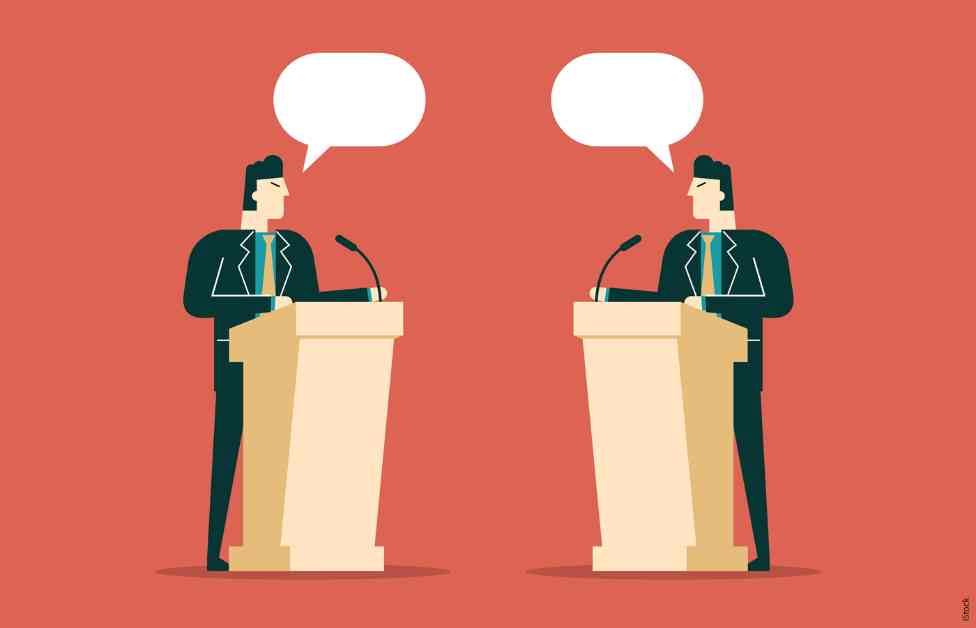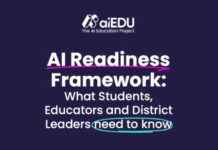The landscape of education is constantly evolving, shaped by technological advancements, economic changes, and societal shifts. As we navigate this ever-changing terrain, it’s crucial to take a step back and examine the current state of schooling. The debate over the politicization of education has been raging for years, with contrasting viewpoints on whether this trend is beneficial or detrimental to the future of learning.
### The Polarization of Education
In recent years, education has become increasingly polarized and politicized, sparking heated debates and culture clashes. This shift has frustrated many who long for the days of bipartisan cooperation in the realm of schooling. The administrations of Clinton, Bush, and Obama were characterized by discussions around accountability, teacher evaluation, and academic standards. However, the nature of these debates pales in comparison to the fervor of today’s cultural disputes.
### The Changing Role of Education
One of the key points of contention in the debate over the politicization of education is the changing role of schooling in society. Frustrated voices argue that education has become more crucial than ever in the 21st-century economy, where skills and knowledge are essential for employability and citizenship. The rise of the digital economy has transformed the educational landscape, requiring students to possess a whole new set of skills and competencies to thrive in the workforce.
### Embracing Change in Education
Despite the frustrations surrounding the politicization of education, some argue that these culture clashes are an inevitable and even healthy part of the educational landscape. Fatalist perspectives suggest that conflict is inherent in the nature of public education, as it brings together individuals with diverse viewpoints on personal and societal issues. While the bipartisan efforts of past administrations set a high-water mark for education reform, it may have been a reflection of a specific political moment rather than a lasting shift in the education paradigm.
### Moving Forward in Education
As we look towards the future of education, it’s essential to acknowledge the enduring changes in the economy, technology, and workforce that have elevated the role of schooling. Education is no longer a luxury but a necessity in the digital age, where students must be equipped with the skills and knowledge to succeed in a rapidly evolving world. While education debates will always be value-laden, it’s crucial to focus on preparing students for the challenges and opportunities of the 21st century.
In conclusion, the future of education is shaped by complex factors ranging from technological advancements to societal norms. The debate over the politicization of schooling reflects a broader conversation about the role of education in a rapidly changing world. By embracing change, acknowledging past successes, and focusing on future challenges, we can work towards a more inclusive and effective educational system for all students.







